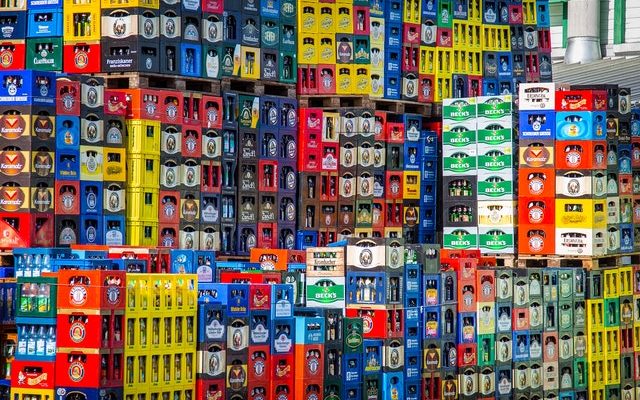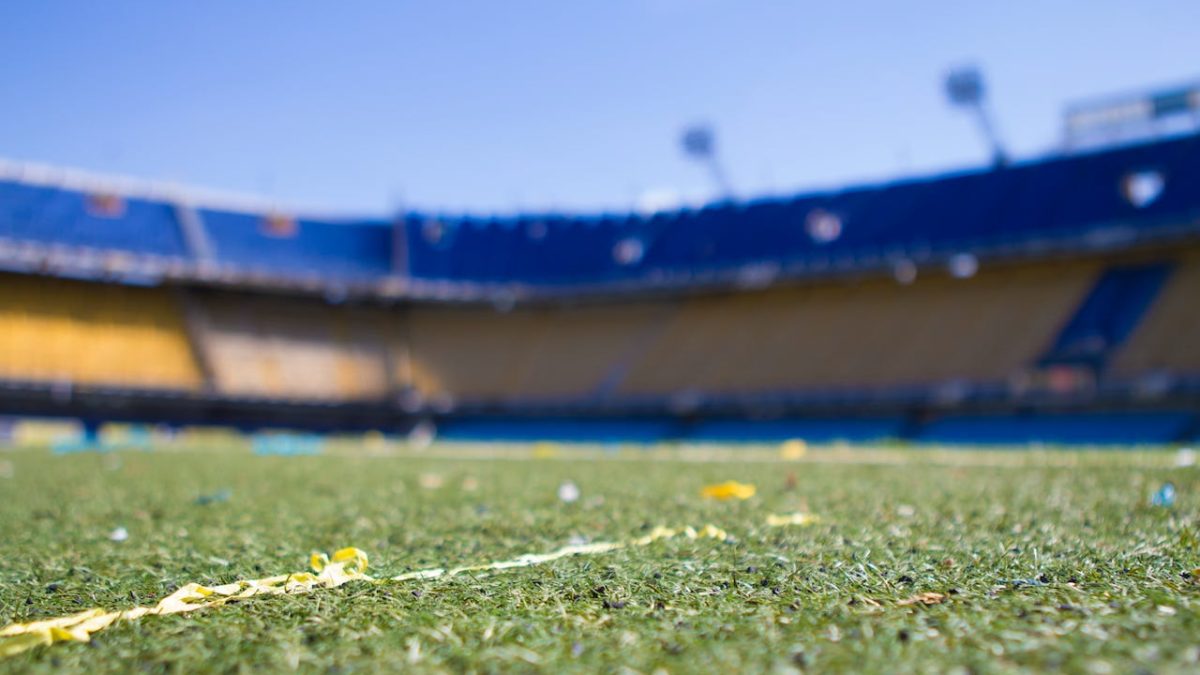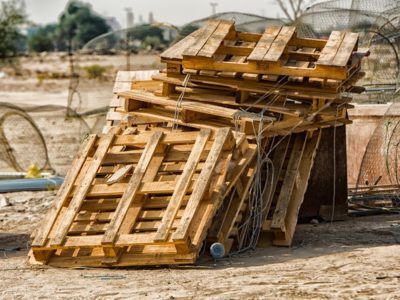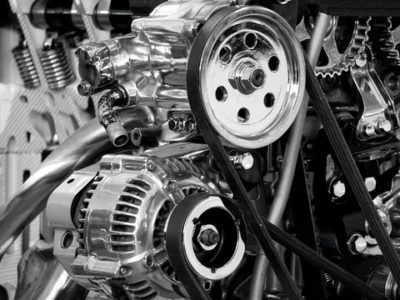
Deposits are for example on plastic bottles that you can bring back to the store. They do this to combat environmental pollution and to encourage reuse. Usually these are 1.5 or 2 litre bottles which you can bring back to the shop for €0.25. Also on beer bottles is usually an amount of 0.10 per bottle. You can also return crates of beer for the same amount, depending on the size of the crate. We have only been doing this in the Netherlands since 2006. But soon we expect to levy a deposit on cans, just like Germany. In the previous centuries there was only a deposit on the glass bottles of the milkman. This is no longer the case, because plastic is much more harmful to the environment than glass.
How much deposit is there on a crate of beer?
A small crate of beer with 12 bottles has a deposit of 1.95 euros. You pay 12x 0.10 for the bottles and 0.75 for the crate. A large crate has 24 bottles and you pay 3.90 for the deposit. The reason this is cheaper than plastic bottles is because of the environment. Glass is easier to melt and doesn't contribute as much to the environment as plastic bottles do. It's also a way of saving for people who have trouble with real money. It can be hundreds of dollars if you save it up for a few years.
What has deposits achieved in the Netherlands?
More than 90% of the deposit on a crate of beer is returned to the supermarkets. So it has a big effect to ask for a deposit on these products. We Dutch are frugal with our money and that is why we return it so often. The plastic PET bottles are even handed in for 95%, which means that we can sustainably recycle 700 million plastic bottles. This results in the cleanest waste stream, of which we are proud. This results in negligible pollution in the area of plastic and glass bottles. That is why this is also the most suitable system to combat environmental pollution. And we want to expand this in the coming years by also levying a deposit on cans.
How is the deposit regulated?
Since 2006, the Nedvang Foundation has been established to combat litter. They have ensured that the whole of the Netherlands starts recycling and not only in the field of plastic and glass or deposits. Together with Nederland schoon they also take care of the proper processing of paper and they hold cleaning days with large groups on certain days. So everyone can contribute to a better environment. The Plastic heroes campaign, among other things, ensured that the Netherlands started to separate plastic en masse.
The law on deposits
Deposits are not yet officially regulated by law. Therefore, companies are not obliged to cooperate. However, they do this from the environmental aspect increasingly often. However, the law can still be adopted to make deposits compulsory. This must then be signed by the Secretary of State. It is also good for recycling companies because they have more work. Companies have come to the conclusion that deposits are useful. This ensures less waste and so they can use more recycled material in the bottles. Recycled material is much cheaper to buy than "new" plastic.
Advantages of the deposit system
The deposit system has ensured better recycling, so there is a lower use of materials. There is also less litter because people do not want to throw money away and neatly hand it in at the machine. This results in less animal suffering, especially in the seas and oceans. Also the cleaning costs for the municipality have decreased by large numbers. And what about the reduction of CO2 emissions. Because no new plastic needs to be made this also reduces significantly.
What are the disadvantages of deposits
There are people who are against deposits because they create barriers to the free market. Also, the deposit would bring many costs for products and retailers but in practice the opposite has proved true. Opponents also claim that it would have too little effect on litter but we can also contradict this. Over the years the municipalities have had to work with less waste and as a result the waste contribution has also decreased. The only disadvantage is that it is only on a few types of packaging. If you would have this on all types of packaging, you could achieve an even greater result. 50% of the waste in people's homes consists of plastic drink containers which normally end up in the litter. But for almost 100% these are now used for new products.
What does the government think of this separate system
The government is not in favour of extending the deposit principle. They want to consider this as a big stick. The opinion of various parties is that people with poverty even harder to come by daily products. However, the plans of deposits on small bottles and cans still necessary to create a better environment. Also because of the climate goals set by Europe we will soon have to believe. However, the municipalities are just big supporters of this system. It can save them thousands of euros in cleaning costs and so they also provide a better environment. Litter is a problem that you have in every municipality and it is therefore time to tackle this.










